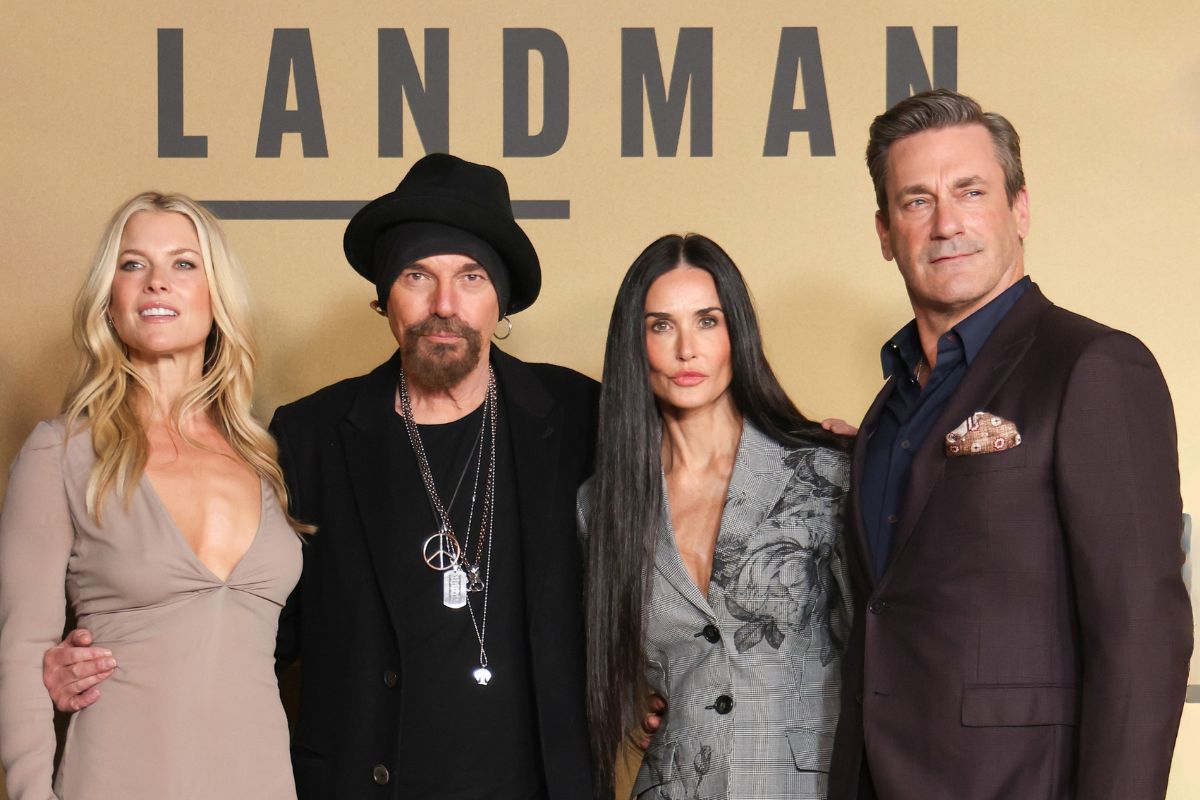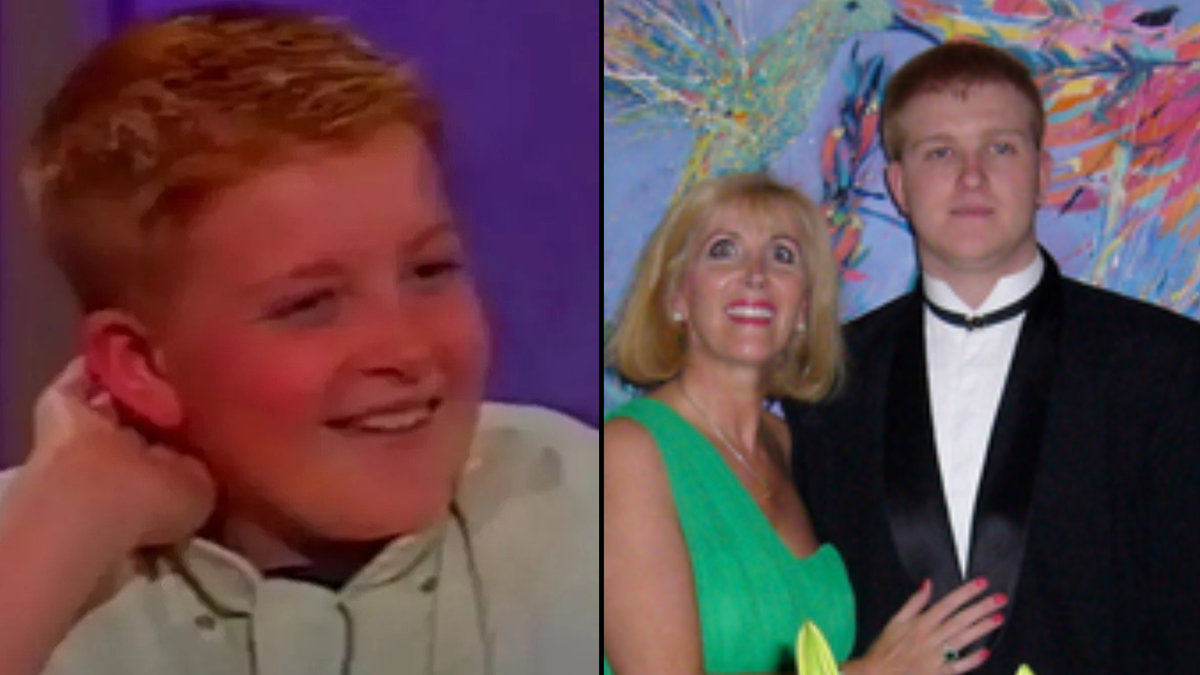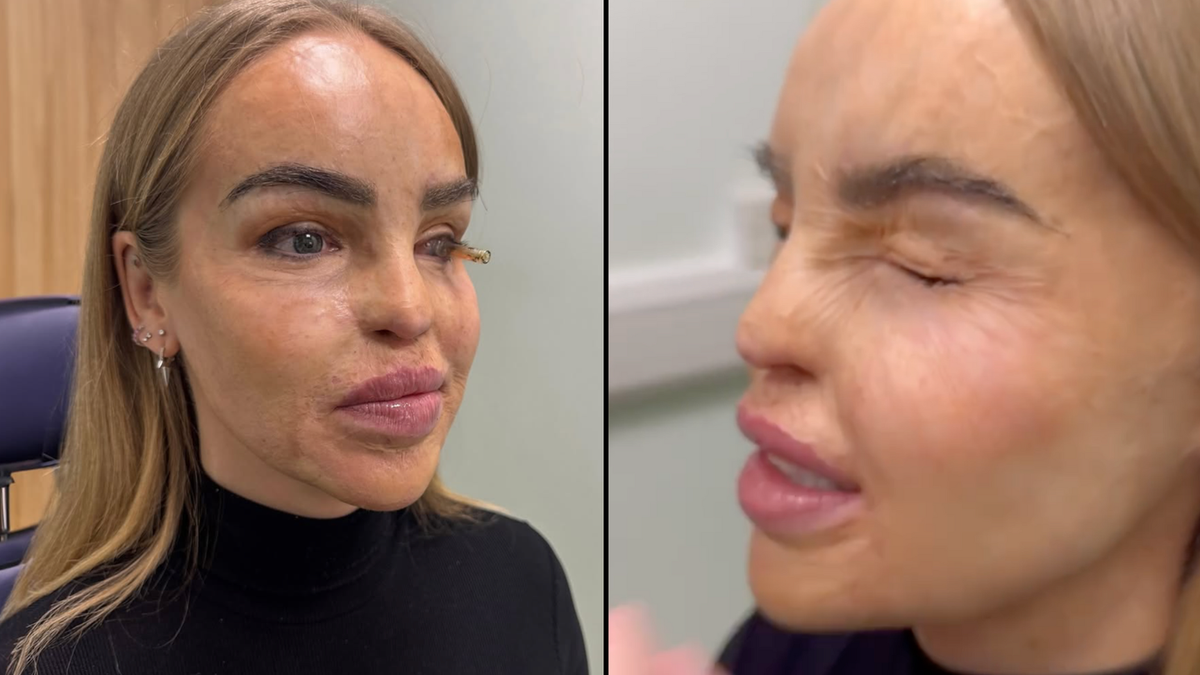Elon Musk has questioned the cause of death of Suchir Balaji, the former OpenAI researcher who turned whistleblower on the company a month before he was found dead in his apartment.
Balaji's death in November was ruled as a suicide by San Francisco authorities, a month after he contacted the New York Times to warn that OpenAI could be using copyrighted data in a way that broke the law.
Newsweek contacted OpenAI for comment via email outside of regular office hours.
Why It Matters
OpenAI is one of the biggest players in the fast-growing artificial intelligence industry. The ChatGPT producer is valued at $157 billion, and its flagship product is one of the most widely used AI tools in the world.
Balaji's accusations of illegality, published in the New York Times in October, stem from his time at the company. He alleges that ChatGPT was actively damaging the internet, and that OpenAI was illegally using copyrighted data to train its AI models.
Balaji's death was deemed a suicide, and there is no officially verified information that indicates any other cause of death. Musk clearly casting doubt on the ruling implies that he has serious concerns and he would support a deeper investigation into the matter.
What to Know
Musk engaged with a user on social media who claimed to have hired a private investigator for Balaji's case, writing: "This doesn't seem like a suicide," in response to claims that Balaji's house was "ransacked" with signs of a struggle.
Musk co-founded OpenAI alongside Sam Altman in December 2015 to develop artificial intelligence that benefits humanity. However, Musk left OpenAI in 2018, citing disagreements over the organization's direction. Since then, his rhetoric towards the company has become increasingly negative, especially with regard to how it handles artificial intelligence.
OpenAI had previously stayed silent on Balaji's accusations, but issued a statement after his death, describing him as"a valued member of our team" and saying that they respected his right to "share views freely."
The New York Times began a lawsuit against OpenAI in 2023 over the copyright allegations, claiming the company was responsible for "billions of dollars in statutory and actual damages" by using articles to train AI models.
What People Are Saying
In a statement published after Balaji's death, OpenAI said: "We were devastated to learn of this tragic news and have been in touch with Suchir's family to offer our full support during this difficult time. Our priority is to continue to do everything we can to assist them."

"Suchir was a valued member of our team, and his passing has deeply affected those who worked closely with him," the company continued.
"We first became aware of his concerns when The New York Times published his comments and we have no record of any further interaction with him. We respect his, and others', right to share views freely."
What Happens Next
OpenAI continues to face multiple lawsuits from both Musk and the New York Times over the way it trains ChatGPT models. The parents of Balaji have asked the FBI to open an additional investigation into his death.
If you or someone you know may be considering suicide or be in crisis, call or text 988 to reach the 988 Suicide & Crisis Lifeline.
Additional Resources:
- CDC Suicide Prevention Resource for Action
- Suicide Prevention Resource Center
- Community-Led Suicide Prevention toolkit
- What Are the Warning Signs of Suicide?
- It's Ok to Say Suicide resource hub
- How to Tell Someone You Are Thinking About Suicide
- How to Ask Someone If They Are Thinking About Suicide




















 English (US) ·
English (US) ·